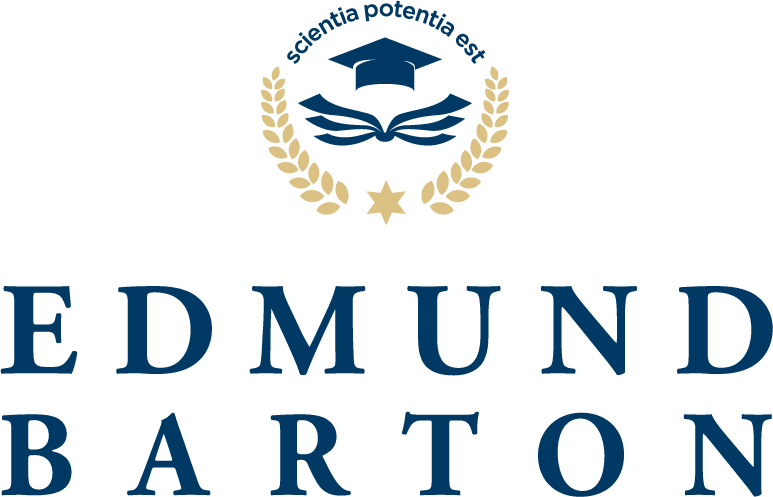In today’s rapidly changing educational landscape, flexibility in learning environments is becoming increasingly crucial. This flexibility can manifest in various forms, such as online courses, hybrid models blending in-person and remote learning, and customisation course loads. Such environments cater to diverse learning needs and schedules, offering significant advantages to students of all backgrounds. Let’s explore the key benefits of flexible learning environments.
1. Accessibility
Flexible learning environments primarily enhance accessibility. They allow students who may not be able to attend traditional classes—such as those living in remote areas, working adults, or individuals with disabilities—to access quality education. Technology-enabled learning platforms enable students to learn from anywhere in the world, removing geographical and physical barriers to education.
2. Personalised Learning Pace
Not all students learn at the same pace. Flexible learning environments allow students to progress through courses at a speed that suits their learning style and comprehension levels. This personalisation can be particularly beneficial for students who may need more time to grasp complex concepts or, conversely, those who wish to accelerate their studies.
3. Work-Life Balance
Flexible learning is a boon for students who need to balance education with other responsibilities, such as work or family. By allowing students to choose when and where they study, flexible environments help them manage their time more effectively. This balance can reduce stress and increase overall life satisfaction, positively impacting academic performance.
4. Increased Engagement and Retention
When students can learn at their own pace and schedule, they are likely to be more engaged with the material. Flexible learning environments can reduce the pressure and anxiety associated with strict deadlines and packed schedules, which can, in turn, improve retention rates. Engaged and relaxed students are more likely to absorb and understand the material deeply.
5. Opportunities for Continuous Learning
Flexible learning environments facilitate lifelong learning by providing opportunities for individuals to enhance their skills or learn new ones at any stage of their life or career. This continual ability to upgrade oneself is invaluable in today’s fast-evolving job market, where new technologies and methodologies can quickly render old skills obsolete.
6. Cost-Effectiveness
Often, flexible learning environments, especially online courses, are more cost-effective compared to traditional on-campus programs. They can reduce or eliminate costs associated with commuting, housing, and materials, making higher education more affordable and reducing the financial stress on students.
7. Enhanced Technical Skills
Engaging with flexible learning environments often requires the use of digital tools and platforms. Navigating these can help enhance a student’s digital literacy—a crucial skill in nearly every modern career field. This incidental learning can make students more proficient with technology and better prepared for workplaces increasingly reliant on digital competence.
8. Broader Networking Opportunities
Many flexible learning programs offer opportunities for students to connect with peers and professionals worldwide. This global network can be a rich resource for collaboration and career development, opening up possibilities that go beyond local or national boundaries.
Flexible learning environments represent a significant shift in how education is delivered. They align more closely with the contemporary needs of students, providing an inclusive, accommodating, and student-centred approach to learning. For educational institutions, embracing this flexibility can lead to higher enrolment levels, better student outcomes, and more robust engagement with the curriculum. In a world where change is constant, flexibility in learning is not just beneficial but essential, providing students with the skills, knowledge, and adaptability they need to succeed in their careers and personal lives.
Guest Author
Founder of Full Steam Digital Marketing. Expertise in web design, development, digital marketing, and business strategy. I have a deep understanding of business technology and strategic planning, and I’m passionate about startups, ideation and I thrive on building innovative solutions and cool stuff that makes a real impact. When I’m not working on my latest project, I enjoy sharing my insights and experiences to help others skill up and succeed in the business world.
Outside of work, my family—my wife and our three kids—are my driving force. I also love riding mountain bikes up and down very steep hills.
Favourite quote; “There are no limits. There are only plateaus, and you must not stay there, you must go beyond them.” Bruce Lee.

